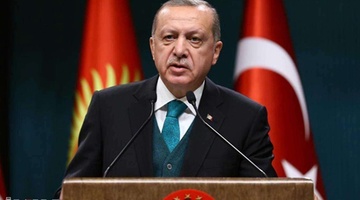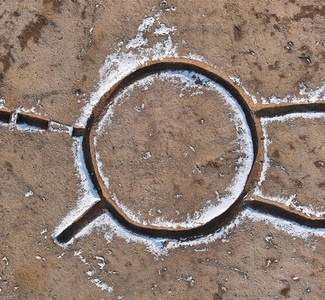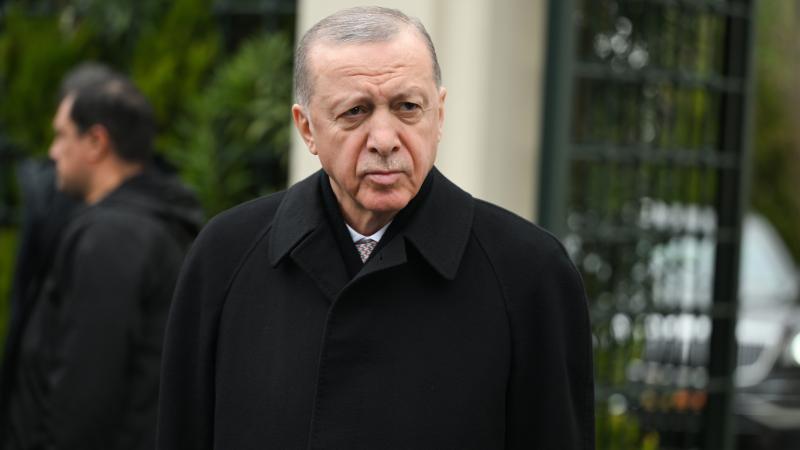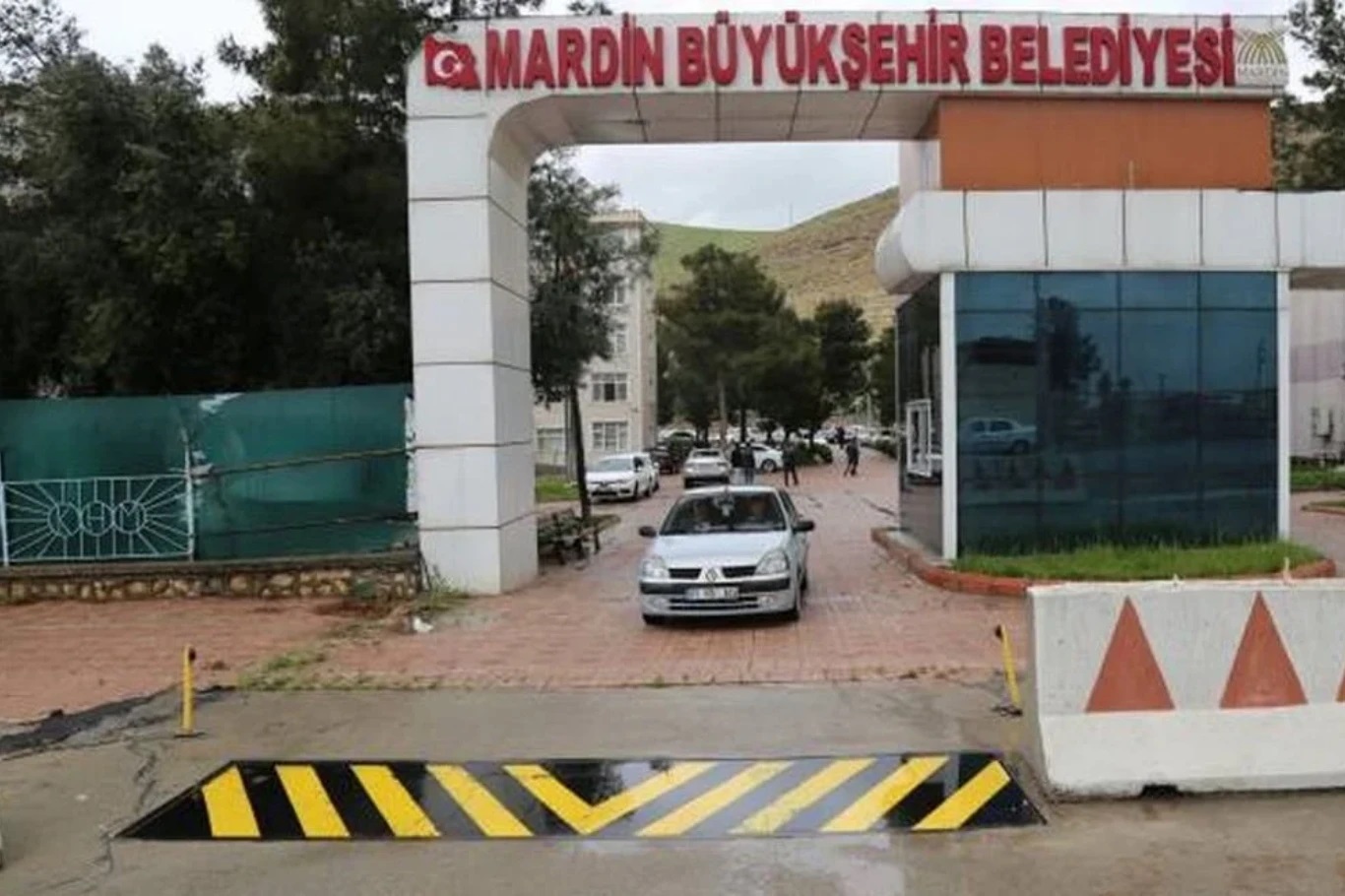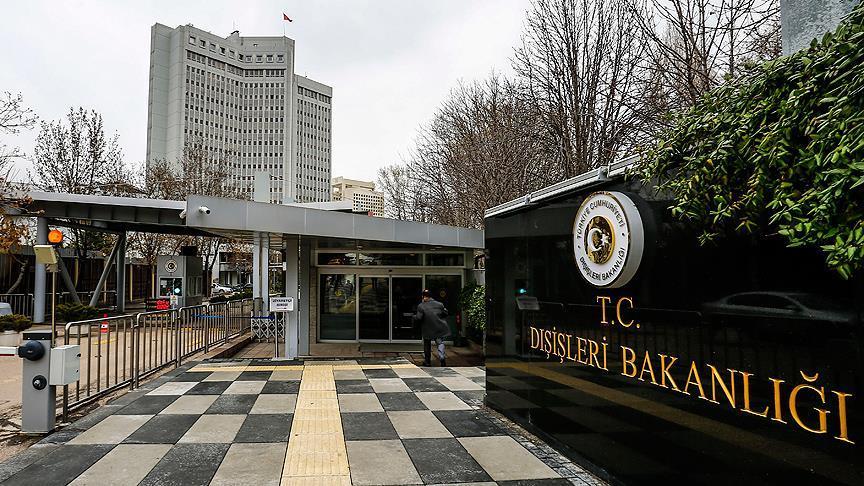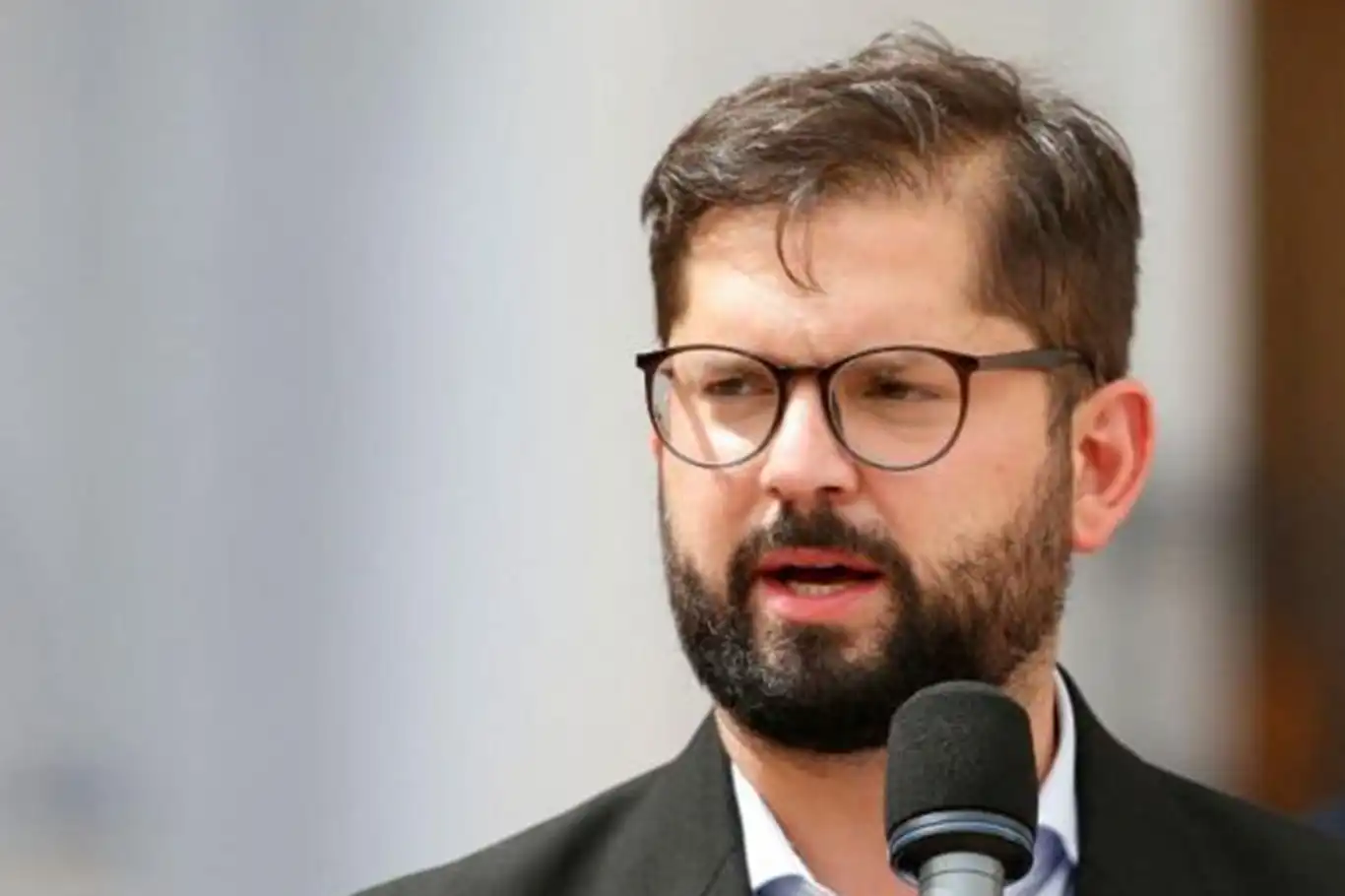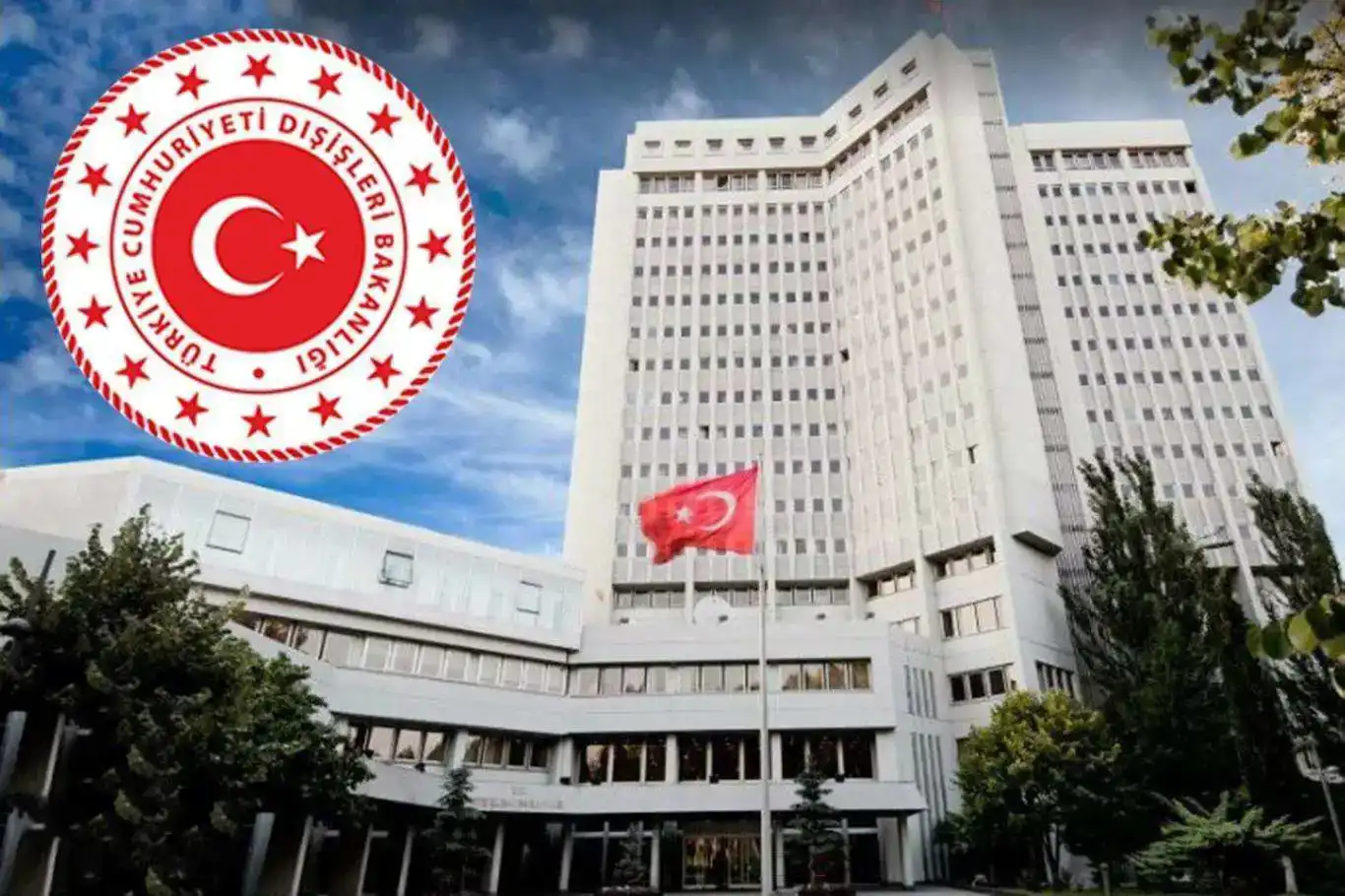Qaradaghi: Saladin's slogan was " from Unity to Freedom, from Jihad to Ijtihad
The Secretary-General of the International Union of Muslim Scholars, Ali Qaradaghi, has participated in the 3rd International Saladin Ayyubi Symposium that is organized by Saladin Ayyubi Institute.
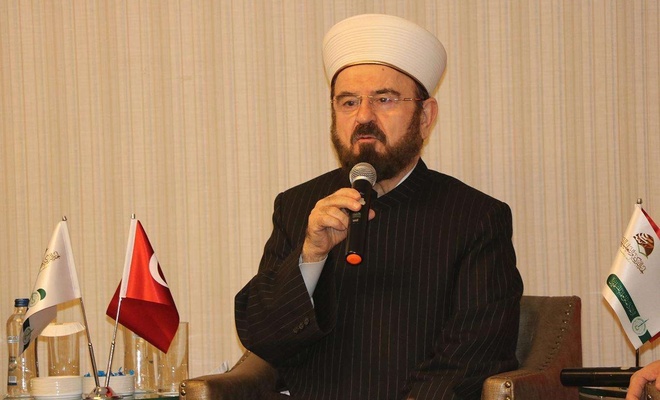
 Google News'te Doğruhaber'e abone olun.
Google News'te Doğruhaber'e abone olun. Many scholars, political leaders, and academicians across Islamic World participated in the symposium that was held via video conference this year due to the ongoing coronavirus pandemic.
In their presentations at the symposium, the participants especially drew attention to Saladin’s comprehensive preparations ahead of Jerusalem’s conquest.
Ali Qaradaghi, the Secretary-General of the International Union of Muslim Scholars, has also attended the symposium and made a presentation.
The full text of Qaradaghi’s presentation is as follows:
I would like to start my speech with the words Saladin said in the first Friday prayer after he took Jerusalem from the crusaders. That is, "Praise be to Allah, who with his help made Islam holy, and shirk disgraced with his curse, changed events by his command, increased his blessings with his grace, and destroyed the tricks of the unbelievers with the traps he had prepared. It is Allah Who has ordained the days with signs for and against people. He gave the reward to muttaqis”.
May peace and blessings be upon Prophet Muhammed who was sent with mercy to the worlds, his family, his companions, and those who follow his path until the Day of Judgment.
My brothers and sisters of happiness, grace, and virtue! I greet you all with a nice and blessed greeting. May the peace, mercy, and blessings of Allah be upon you.
I am very glad that the speech is not only verbal but that I participated in such a blessed symposium especially in this century and gave a speech to you. The jihad and its successes in Palestine by the grace of Allah confirm that speech is not just words. My dear brothers Khalid and Ziyad told this before me.
Today, we are only at the beginning of the road, by Allah's permission. For this, we need to benefit from others. In particular, we should benefit from the experiences of the leaders whom Allah has guided to the right path. The Qur'an commands, "Then follow their guidance". He even says more than that, Allah Almighty uses success and substitution with the word inheritance (making heirs). "Then we made heirs to this book (the Qur'an), whom We choose from among our servants." Again, the Qur'an also mentions inheritance about the holy lands. That is, "Indeed, after the dhikr (Torah), we also wrote in the Psalms: 'My righteous servants will inherit the earth'." (Anbiya 105)
The word earth here is interpreted in two ways. He explains that what one means is known holy lands and that the Jews have no rights in these holy lands. Because this case is a religious case. With the verse 'The righteous servants will inherit it', the Jews have no right. 'They inherited there' is commanded, not 'they took it'. The meaning of being heir is to collect. My dear brothers Khalid and Ziyad explained this before me. "The righteous servants will inherit there." "In this, there is sufficient explanation for the people who serve Allah." (Anbiya 106)
Before I start briefly on the subject I want to talk about, I would like to thank the Saladin Ayyubi Institute and HUDA PAR, who organized this symposium, for their good work. I would also like to thank Mr. Suat Yaşasın, who presented the symposium, and may God reward his good deeds.
According to the time given to me, I will talk about the two basic slogans of Saladin. These two slogans are still the slogans of war. They are still the slogan or slogans of resistance and jihad. These are the slogans that Muhammed Emin Ansari uttered to their leader Saladin after the end of the state, which was called Fatimid but whose real name was the Ubaidi state. He pointed out that these two basic slogans should be given importance.
"From Tawhid to Tahrir, from jihad to ijtihad..."
I summarized his two basic slogans as follows: From tawhid to tahrir (freedom) and from jihad to ijtihad. Here, what is definitely meant by tawhid is first of all to accept Allah as one. From it comes the unity of the ummah. Being a sincere servant of Allah is only possible by accepting Allah as one. The word Tawhid is an inclusive word in the Qur'an. It is used in the sense of uniting the stance, speech, fixed plans, plans and the ummah in the servitude of Allah, without giving in to the slanderers and oppressors.
Again, the freedom that Saladin means here is the freedom of Jerusalem. Then freedom from the servitude of others to the servitude of Allah is to be honorable and dignified from humiliation and other negative situations.
"We should strengthen our ties with Allah to liberate Masjid al-Aqsa "
In one of his sermons, pointing out that it was a great honor for them to liberate Masjid al-Aqsa, he says, "Because Allah has given me this honor if I put my head in prostration until the Day of Judgment, I would not be able to do his due." Why does he say so? Because in order to liberate Masjid al-Aqsa, ties with Allah must be strong. Khaled Mishal explained this before me in a beautiful language with the examples and lessons he learned. Whoever wants to be purified, Allah will purify him.
"Saladin was not just a commander and mujahid"
For this reason, those who say we are liberating are the ones who liberated Aksa. Then the slogan 'We will liberate Masjid al-Aqsa' deserves to be written in gold, in my opinion. Although some states have weapons and money, they accept humiliation. However, even an ordinary person does not accept this humiliation that they accept. What about reputable persons accepting humiliation? However, they accept humiliation for wealth, rank and position. For this reason, those who will liberate Aksa must have strong ties with Allah. Saladin was not just a so-called commander and mujahid.
“If we don’t liberate Islamic Scholars, we can’t do anything"
What Imam Suyuti mentioned in his book and which I transferred from there to my own book, Saladin's dialogue with Nûreddin Mahmud Zengî, whom he respected and valued, is as follows: Nûreddin Mahmud Zengî tells him, 'If we do not liberate Islamic Scholars, we cannot do anything at all.' Thereupon, Saladin said, 'How are we going to liberate them, they are already free.' Thereupon, Nûreddin Mahmud Zengî said, "If a scholar wants to live, or he will be poor - after the poor Maliki Qadi left Baghdad, 'if I knew that I would be in my current state, I would only eat and drink with my family, I would not have left Baghdad.' As he said - or he will be with the sultan, the vizier and the caliphs. Otherwise, he will be poor like this. "Thereupon, Nûreddin Mahmud Zengî said, "If a scholar wants to live, he will either be poor - as the poor Maliki Qadi said after he left Baghdad, 'I would not have left Baghdad if I knew I would be in my current state, just to eat and drink with my family'- or will be with the sultan, vizier and caliphs. Otherwise, he will be poor like this."
Thereupon, Saladin said, ‘Then we should make the property of the state the property of the foundation. But how do we do this? The property of the state is the property of the ummah.’ Since Nûreddin Mahmud Zengî was a scholar of the Hanafi sect, he sought full ownership to establish a foundation. Because, according to Hanafis, if a person is not the full owner of a property, he cannot dedicate it. For this reason, Nûreddin Mahmud Zengî would not accept it. He was told that only the scholar Ibn Asud could find a solution to this.
Ibn Asud said that it is not a problem to convince Nûreddin Mahmud Zengî and find a solution. We will solve this with 'al-irsa'. The foundation requires private property, but al-irsa also applies to general property. Then, Ibn Asud, Hanafi, Maliki, Shafii and Hanbali scholars gathered together on the following statement: 'The just sultan represents the ummah. The lands of the state are the lands of the ummah. For this, he can allocate and dedicate them in general terms. However, he cannot dedicate it privately, as if it were his own property.’ Thereupon, he dedicated the most beautiful places to schools. In addition, by donating goods to scholars, he ensured that scholars had private property. Thus, scholars did not need to stand by any sultan.
"Besides his tact and modesty, he was a good planner"
Saladin took important steps in this regard. Besides his tact and modesty, he was a good planner. Apart from these, he had an imposing, strong physique and mind. Most importantly, their goals were clear. He was trying to realize his army and work in line with these goals. He was working towards creed, belief in Allah, liberating Jerusalem and Masjid al-Aqsa, defending and uniting the ummah. He was successful in military matters. When I myself entered the castle of Alcun, I wish you would have entered and seen. It is built in a very strange way. Seven stages to defend and 123 individuals can defend for 6 months under siege. If you go there and see it, you'd be surprised.
He formed a special group of young people to capture the spies
He also had a deep thought. He had set up a group of young people in Damascus. They are guarding the border. If any spy wanted to cross the border and reach the invading crusaders, they would catch them and bring them to Saladin in Damascus. Saladin had letters he collected from these spies with him. Some of these letters were letters of their emirate under his rule. Nûreddin Mahmud Zengî, after getting angry and scolding him for not speeding up the conquest of Jerusalem, Saladin sent the letters to Nûreddin Mahmud Zengî with his uncle. Because he was afraid to go. Nûreddin Mahmud Zengî read the letters and was very surprised to see the letters in which the Emir of Aleppo, the Emir of Iraq, and some other emirates were written.
He was communicating with pigeons and some signs. For example, when they light a fire, the enemy is foreign, when they raise flags or any other sign, it means something different. Thus, within an hour or two Saladin was informed of every development.
He favored the use of the phrase “fight with the Franks” instead of the “crusaders”
Another example of Saladin’s punctual thinking was that some of the scholars were saying that we are fighting the crusaders. Saladin said to them, ‘No, we are fighting the Franks. We do not value them. If we say that we are fighting the crusaders, we are giving them value. We accept that they are fighting for their religion and values. But we know that they are fighting for the economy, for politics and for some other interests. Also, some of the crusaders care about us and fight against them in our ranks. So, we can’t say that’. This subtle behavior and deep thought should not be ignored and evaluated.
"Even if the ignorant ummah defeats the enemy, it cannot achieve victory."
The second slogan is from jihad to ijtihad. Saladin was saying that even if the ignorant ummah defeats the enemy, it cannot achieve victory. For this reason, some historians report that Saladin raised awareness among young people and children. They hold races on the streets. The winners of the race are entitled to be recruited into Saladin's army. These races took place among young people in Damascus, Baghdad, Diyarbakir, and elsewhere. The women were doing their part, too.
For this, Saladin Ayyubi’s life and lessons learned from him, his plans, and projects should be taught in education. (ILKHA)





























